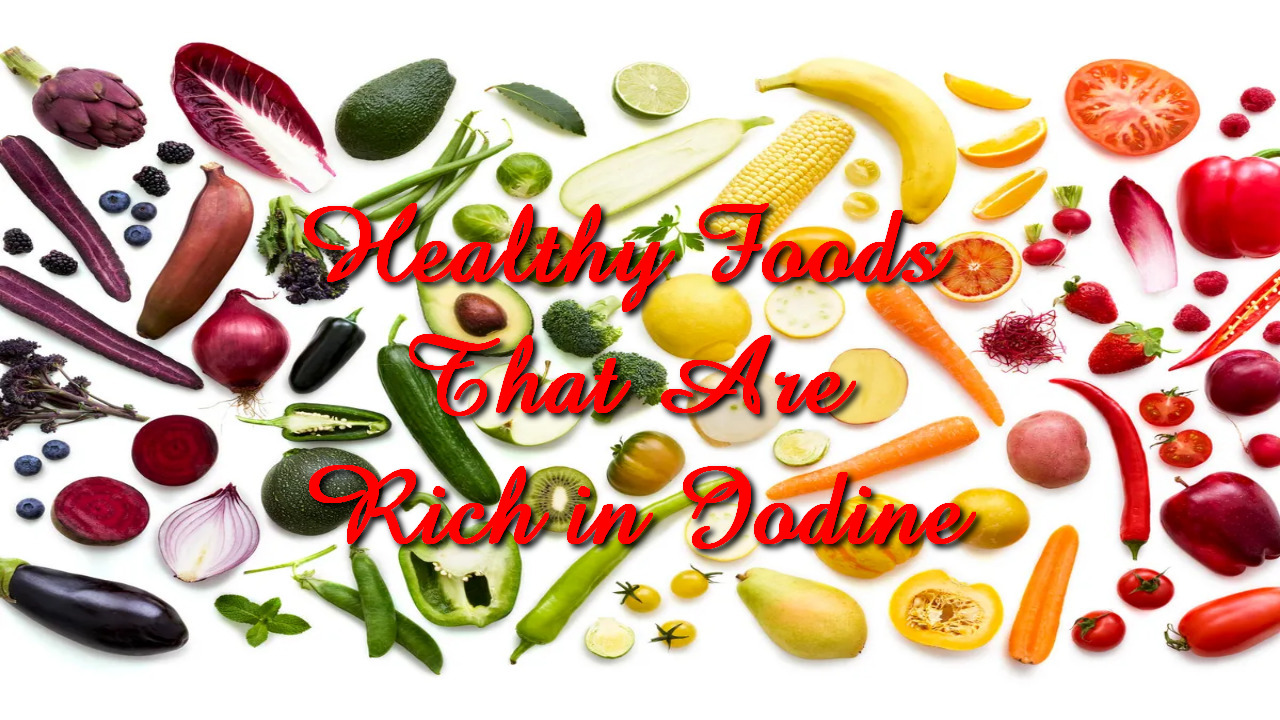Posted on December 24, 2022

Do you know how important iodine is for optimal health? Iodine is an essential mineral required for normal growth and development of the body. It supports a healthy metabolism and nerve activity and strengthens your immunity. But in many countries, iodine deficiency is now one of the major public health problems leading to stunted growth, weight loss, mental retardation, and even deafness. So, what should you do if you want to ensure that your body gets enough iodine?
Fortunately, there are plenty of foods out there that are rich in jod. In this article, we will explore the best sources of iodine and discuss why it’s so important for your health. By including these healthy food items in your diet on a regular basis, you can easily prevent deficiency-related problems and keep yourself fit and healthy.
Foods That Are High in Iodine

Iodine is a vital nutrient and an essential component of our diets. Iodine helps regulate growth, development, metabolism, body weight, and brain function. It’s important to consume foods that are rich in iodine to make sure your body has all the nutrients it needs. This article lists some of the healthy foods out there that are high in iodine.
Seaweed

Seaweed is one of the best sources of natural dietary iodine because it absorbs iodine from seawater. It can contain up to 1000 mcg per kilogram (2 lb). Due to its high concentration of iodine, seaweed should be consumed sparingly unless directed by a medical professional or nutritionist.
Fish and Seafood

Fish such as cod, haddock, salmon, and sardines are all excellent sources of natural iodine from seawater. One fillet of cooked cod can contain 100 mcg or more of iodine per 3-ounce serving (85 grams). Additionally, shrimp and oysters also provide good doses of dietary iodide, as 3 ounces can contain up to 60 mcg each.
Dairy Products

Dairy products such as milk and yogurt are some other great sources of dietary iodide due to both their inherent levels as well as when they undergo fortification processes. A single cup (245 grams) has over 120 mcg, while a 6-ounce cup (170 grams) serving of plain low-fat yogurt offers around 90 mcg!
Baked Potatoes with Skin

Potatoes that have been baked with their skin on tend to be relatively good sources of dietary iodine compared to French fries or mashed potatoes without skin! Depending on how much skin remains after baking and whether or not any additional toppings were added before serving will result in different amounts but generally speaking, you can expect anywhere from 20-50 mcg per medium-sized potato eaten without skin!
Fortified Bread & Cereals

Bread and cereals may not seem like the most obvious source of dietary iodine, but several brands now offer options that have been fortified with this important mineral in order for people to get enough without having to restrict themselves solely to seafood sources! Just look for specific labels indicating “fortification” on bread packages or check ingredient lists -you may be surprised at what you find! For example, one slice of whole wheat bread can offer up to around 23 mcg per slice, whereas 1 cup (160 grams) of fortified cereal contains over 490 mcg!

